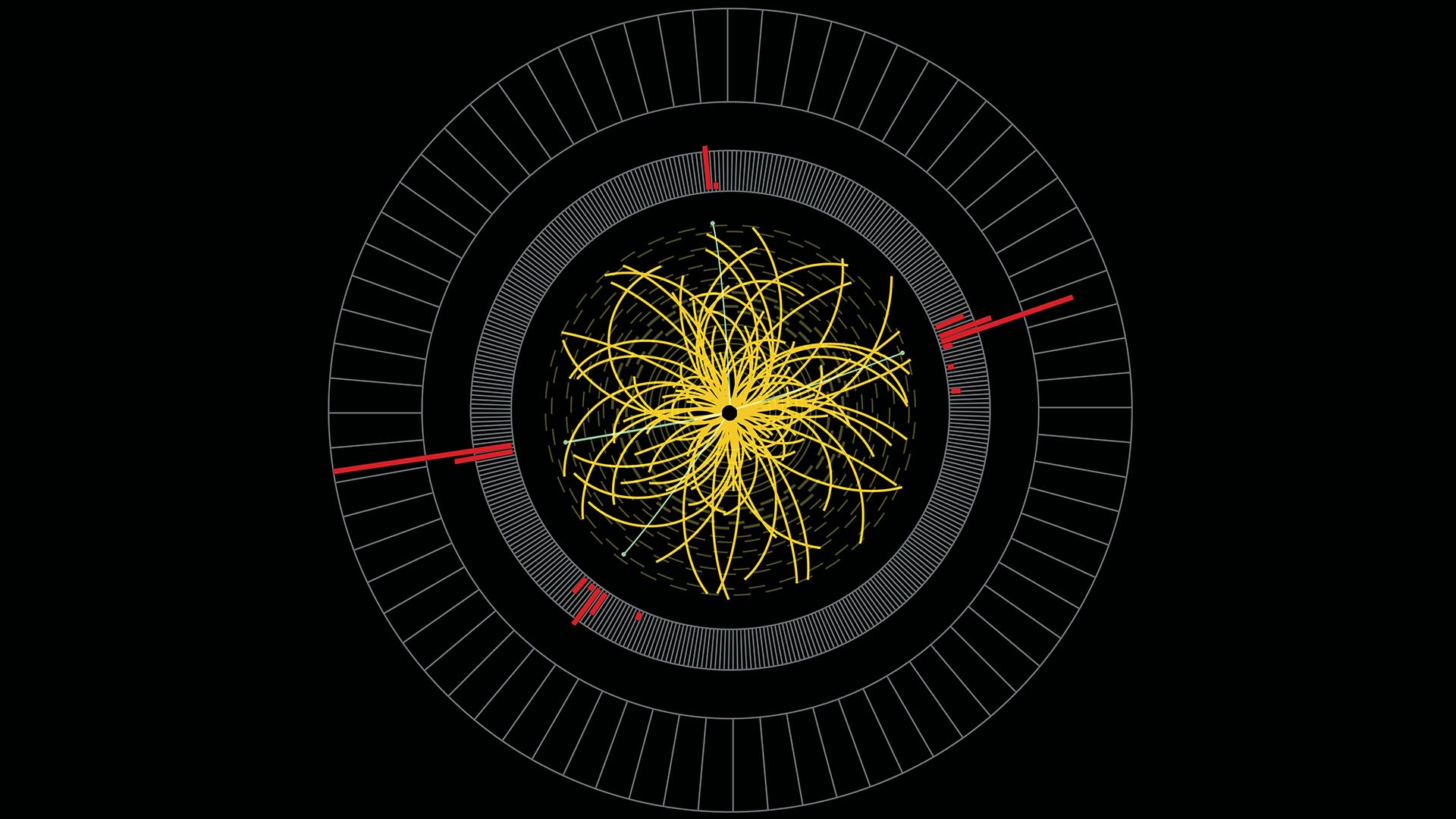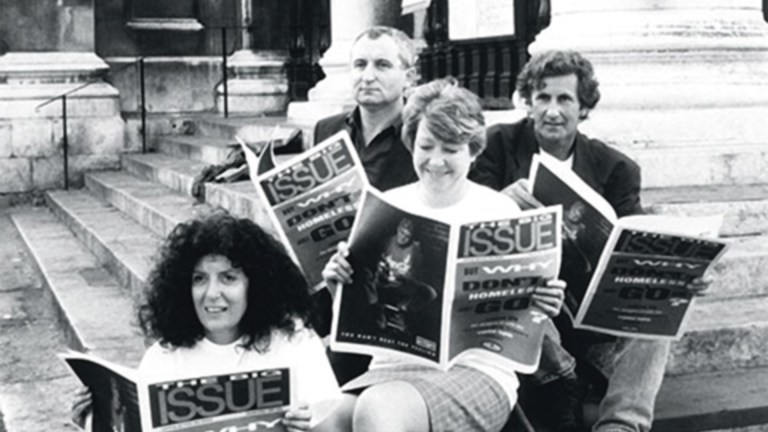Recently I was questioned about what I had achieved since entering parliament and could I prove with measurables, with data, the effects of my actions? To prove something that is in a way unprovable. If I went into parliament to dismantle poverty and poverty is still with us seven years later, surely I have failed? The various bills I have worked on are evidence of involvement; but what of the big thing, the big
poverty thing. How’s that going?
That is where data and measuring are about as useful as a bucket with a hole each end. Because what you need to do is change the thinking to understand that tinkering with poverty – as I saw it – is not the answer. Getting down and deep with one aspect of poverty in isolation will get you nowhere. Unless you wake up government and opposition to the profound problem that an ad hoc, bit here, bit there, approach to poverty will mean that poverty will simply continue, then you are lost.
Hence my campaign over the last few years to create a Ministry of Poverty Prevention. A MOPP. With eight government departments each currently having a finger in the poverty pie, no wonder we have been seeing such scattergun outcomes.
Changing the mind big time is the answer. Endless, repetitious, seemingly obsessed, at times boring: having to continually point out that every one of the major social problems that stalk our streets and our communities boils down to poverty is like being a Jehovah’s Witness-type knocking on doors for God.
Eyes glaze over when I talk to people in government or opposition because the scattergun effect is perfectly understandable to them. The Treasury often spends social investment money only after the problem has occurred, rather than spending on its prevention, and this mindset seems to continue whatever administration is in power.
Why? Because the whole political, social, economic and educational system is geared towards this stop-gapism. The acceptance of poor people in society as a fact. The concerns for their relief.
Advertising helps fund Big Issue’s mission to end poverty
It is easier to make people cry than to think, is what I found myself saying recently. They cry over the poor rather than think their current thinking and their current crying will change nothing.
Mindset, changing the mindset; revolutionising thinking around poverty: 40% of government spend goes on poverty-related issues and on the collateral damage thrown up by poverty. Remove poverty from life, even discuss the possibility of doing such a thing – that is the scientific way of thinking. See the ending of poverty as a scientific problem no different from getting Higgs Boson (whatever that was) resolved.
Humans are the thinking animal but it would seem that we never rise above our former mistakes, being governed by our former practices and the lumpy pieces of former events – history – that we have to carry around with us.
MOPP is the biggest thing I have ever bitten off to chew. It is so monumentally necessary, when you see so many people who have inherited poverty from previous generations, who have not been invested in to rise free.
Much of what is going wrong in the world is to do with the distribution of resources. Under all the gangsterism of much of our contemporary political world lurks poverty – the motivator, the driving force. Poverty has lit so many of the current political fires that we are asked to put out. Even the destruction of the environment can be put down to the undying drive by some incredibly wealthy people to escape as far from poverty as possible. It would seem that however far away from poverty you get, you can never get rid of the insatiable need to get even further away by the accumulation of even more.
But to try and prove, measure, throw up data showing that we are nearer by my efforts to getting rid of poverty is not feasible. Changing minds is the big issue.
Advertising helps fund Big Issue’s mission to end poverty
John Bird is the founder and editor-in-chief of The Big Issue. Read more of his words here.
Do you have a story to tell or opinions to share about this? We want to hear from you. Get in touch and tell us more
This article is taken from The Big Issue magazine, which exists to give homeless, long-term unemployed and marginalised people the opportunity to earn an income. To support our work buy a copy!
If you cannot reach your local vendor, you can still click HERE to subscribe to The Big Issue or give a gift subscription. You can also purchase one-off issues from The Big Issue Shop or The Big Issue app, available now from the App Store or Google Play











